Entering Recovery Mode in Ubuntu 16.04 LTS
As described in my post Broken Recovery Mode in Ubuntu 16.04 LTS, it is currently not possible to use the rescue mode provided by Ubuntu in the 16.04 LTS version. Although the bug was confirmed, there is no visible activity to fix the problem. Should you still need to use rescue mode, it is straightforward to enter it manually by way of providing the correct systemd parameter on the Linux command line.
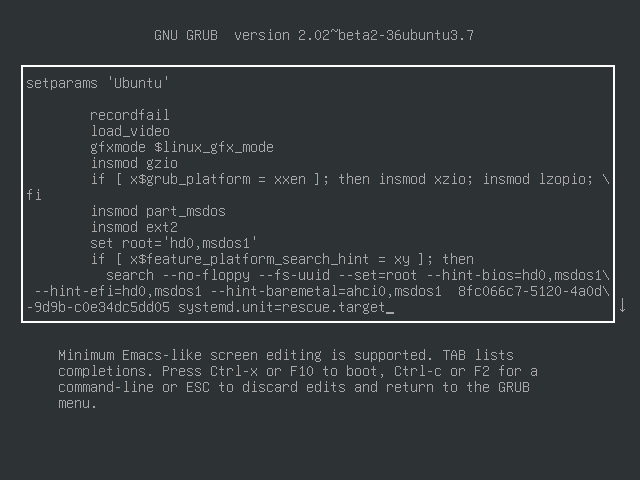
Read more… (1 min remaining to read)
Bootstraping Debian 9 (Stretch) for arm64
Recently I got hold of a very low cost 64 Bit ARM platform, the NXP Freedom LS1012A board. As all of the NXP boards, it is very well supported in the NXP Yocto framework, but sometimes it makes sense to have a Debian system available for quick prototyping.

Read more… (2 min remaining to read)
Broken Recovery Mode in Ubuntu 16.04 LTS
Ubuntu 16.04 LTS is the first long term Ubuntu version using systemd as the init process. Unfortunately the switch from upstart to systemd broke the recovery mode that comes in handy in a number of situations.
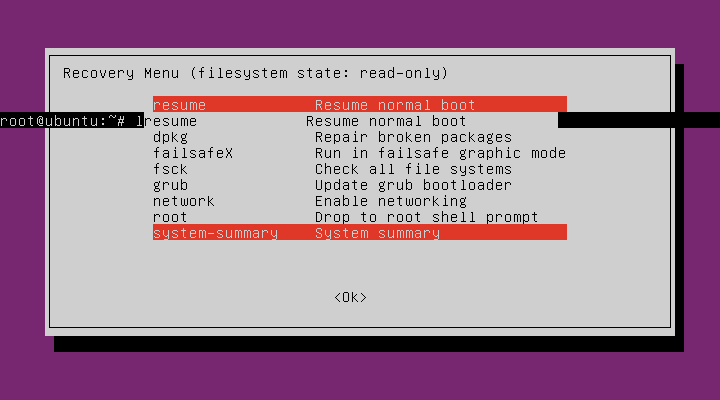
Read more… (3 min remaining to read)
Synchronizing Outlook Calendar to ownCloud
For some years now I am a happy user of ownCloud mainly because of its contact and calendaring parts. A small installation next to this blog keeps all the contacts and calendars of my family in a centralised place. The Android smartphones are all configured to use this server and so we keep the privacy of that data.
Being required to use Outlook since my latest job switch complicated this because my work calendar is now kept inside Outlook and is thus not accessible to the rest of the family. Fortunately this problem has been solved once I found this nice piece of Free Software:

Read more… (1 min remaining to read)
Quick and easy bootstrap of Debian 8 (Jessie) for armhf
We all know the vast amount of software packages available for Debian so when I could not quickly find a required package for a test on a socfpga board, I wondered how much effort it would be to bootstrap a Debian Jessie root file system that can also be used over NFS. As it turns out it took barely half an hour and worked exceptionally well.

Read more… (3 min remaining to read)
Gnome 3.10 breaks switching between wired network configurations by design
A while ago started building a virtual machine with Ubuntu 14.04 LTS that I could pass on to interested parties when needed. As I am not a big fan of the standard installation (I'll write a separate article on what was needed to make that somewhat acceptable), this time I went straight for the latest GNOME LTS Ubuntu as I generally like the UI. It took a little bit of adjustment moving from Gnome 2 to Gnome 3, but in the end I found the move to be an improvement yielding a decent desktop environment with nice eye candy.
Having done the basic setup of the system, there seemed to be a minor bug, as the network indication wasn't displayed anymore in the top right corner. As the standard DHCP connection mode worked at this time, I did not give it any further attention and moved on.
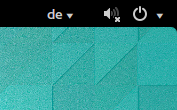
Read more… (3 min remaining to read)
Two road cycle tours uploaded to gps-tour.info
Since I first registered at gps-tour.info in 2010, it helped me a lot to find good cycling tours in lots of different places. It's only now that I took the time to upload two very nice excursions that I did with my road cycle in the last weeks.
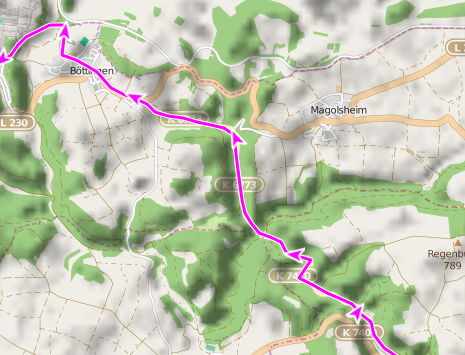
Read more… (1 min remaining to read)
Loop device partition scanning on Ubuntu 14.04
In Embedded Computing, we often face the problem to prepare images for
entire storage media. Nowadays this applies especially to SD cards.
Whereas other operating systems usually need special utilities for
such situations, Linux has all the means already built-in to deal with
this. The loopback device plays a central role here as it can
expose a regular file as a kernel level block device. This block
device can then be used in place of a "real" SD card together with
regular programs.
Read more… (1 min remaining to read)
Using inotify from the command line
As I really like the simplicity and quality of ReStructeredText, I do more of my notes intended also for other people in it. For small texts, rst2pdf does a good job and is so simple that it can easily be called from the command line without further ado. But still, it is a traditional "edit-compile-debug" cycle that surely can be automated.
Read more… (1 min remaining to read)
eTrex 30, QLandkarteGT and Geocaching on GNU/Linux
End of last year my trusty old Garmin eTrex Vista HCx landed hard on the asphalt once and failed to recognize any GPS satellites afterwards.
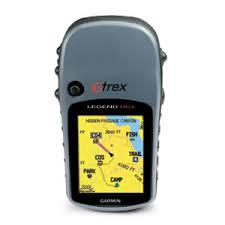
Searching relevant newsgroups it turned out that the exact failure mode was observed by other people also already [1]:
No GPS reception
Information screen shows GPS firmware as "0.0"
Update of device firmware fails after 13%
Read more… (3 min remaining to read)